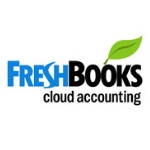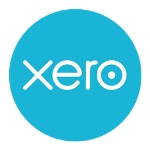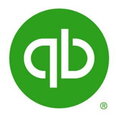Compliance and Regulations: Navigating the Accounting Landscape in Canada
The accounting landscape in Canada is a complex one, with constantly changing compliance and regulations requirements. Staying up to date on the latest developments can be a challenge. To help you navigate the complexities of Canadian accounting laws, we’ve created this guide to assist you in understanding your obligations – both legal and professional – when it comes to operating within the Canadian accounting framework
The Canada Revenue Agency (CRA) is the primary authority responsible for enforcing the laws and regulations governing accounting in Canada. The CRA’s website provides a comprehensive overview of all relevant Canadian tax requirements, including information on filing returns, deductions, business expenses and more. Additionally, they publish various guides to help businesses better understand their obligations under applicable law – such as the GST/HST Guide, the Taxation of Businesses, and the Guide to Payroll Deductions.
Business owners should also familiarize themselves with accounting regulations specific to their industry, such as the Chartered Professional Accountants (CPA) Code of Professional Ethics and Conduct or provincial securities legislation. It is important for business owners to ensure they are up-to-date
Additionally, businesses should also take into account any industry-specific regulations that may apply to their operations. For example, organizations operating in the financial sector will need to comply with the Financial Transactions and Reports Analysis Centre of Canada (FINTRAC) reporting requirements. FINTRAC was established by the federal government to help detect, prevent and deter money laundering and terrorist financing activities.
It is important for business owners to be aware of the regulations governing their operations and to take proactive measures to ensure they remain compliant. This includes regularly reviewing applicable laws, familiarizing themselves with industry standards, and consulting a qualified professional when necessary. Additionally, businesses should maintain accurate financial records in order to facilitate efficient reporting. By taking these steps, businesses can help reduce the risk of penalties or other legal repercussions stemming from non-compliance.
Ultimately, understanding and complying with the various regulations governing accounting in Canada can be a complex task. However, by taking the time to familiarize yourself with the appropriate laws and regulations, you can ensure that your business remains compliant – and help protect it from potential consequences of non-compliance. By remaining diligent and taking proactive steps, you can help ensure that your Canadian business remains in good standing with applicable laws and regulations.
If you’re thinking about hiring a bookkeeper for your small business, contact us at BBS Accounting CPA today. We would be happy to discuss your specific needs and how we can help you take your business to the next level.







